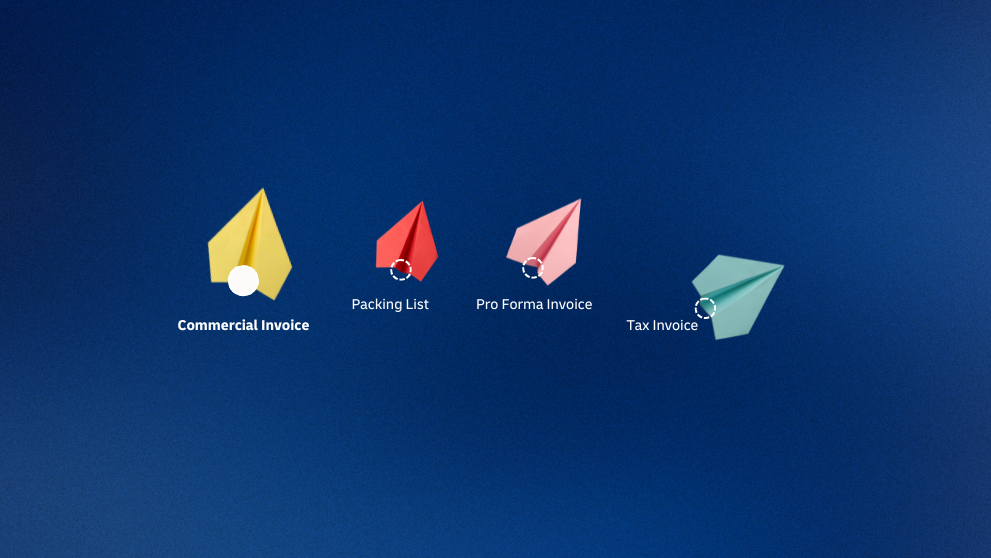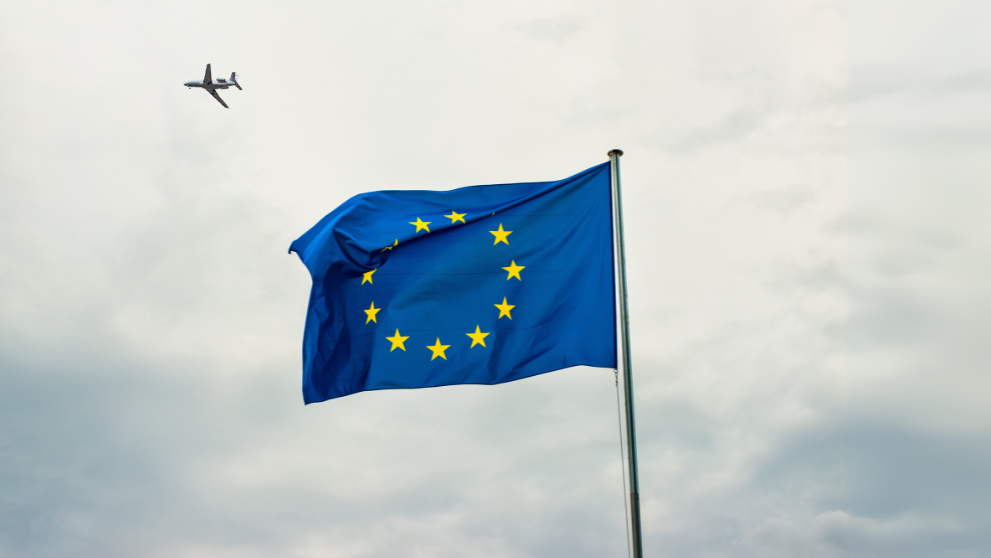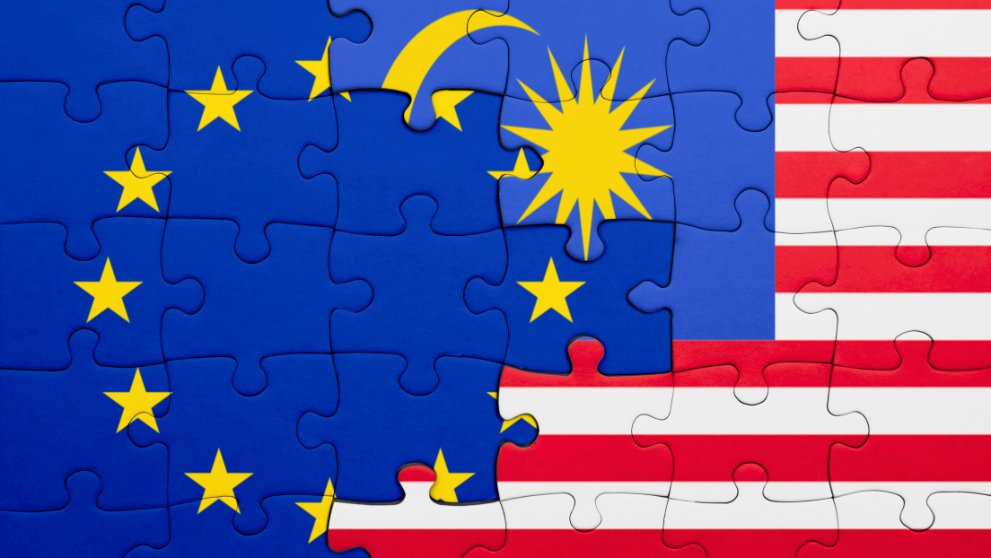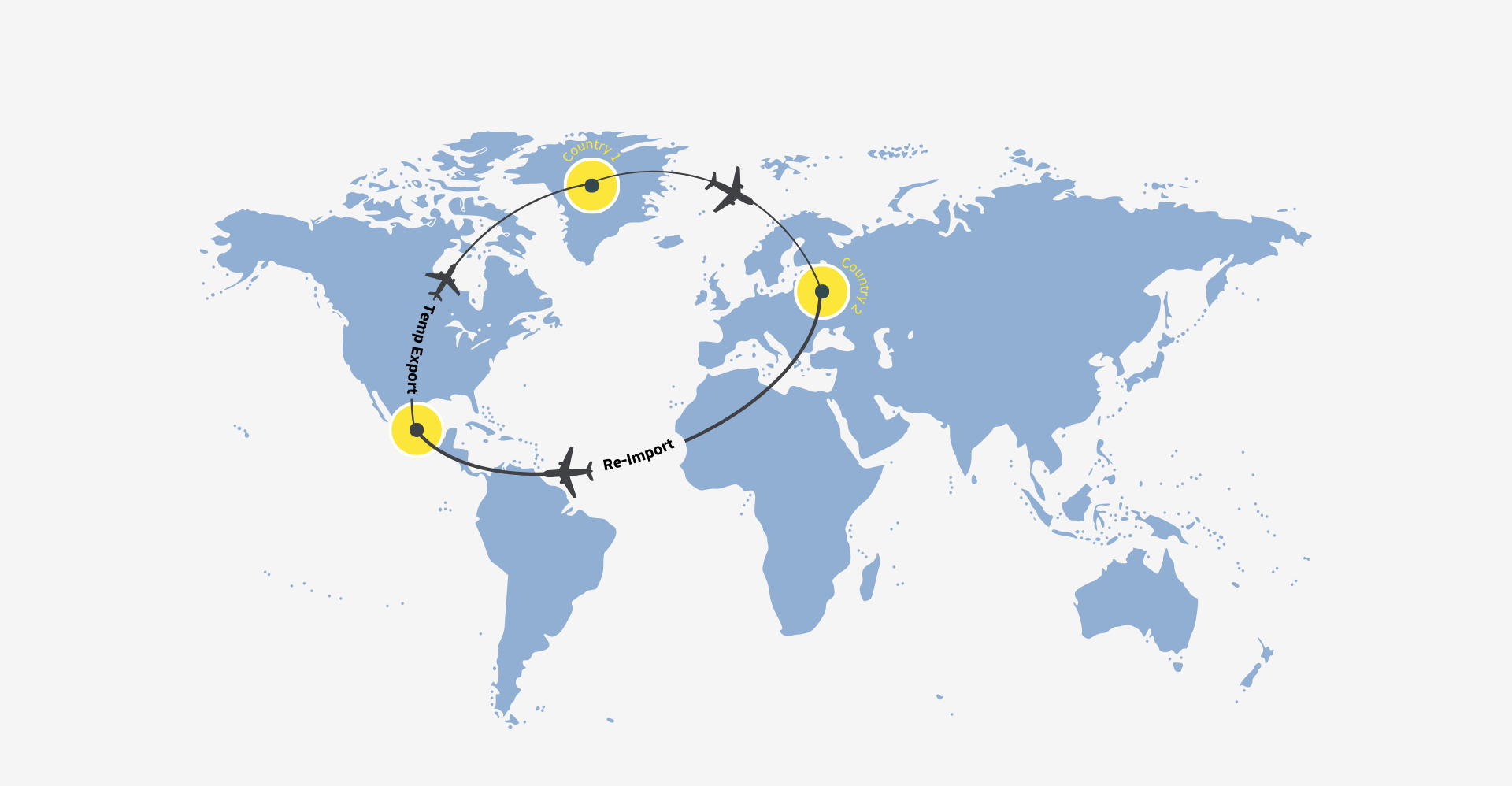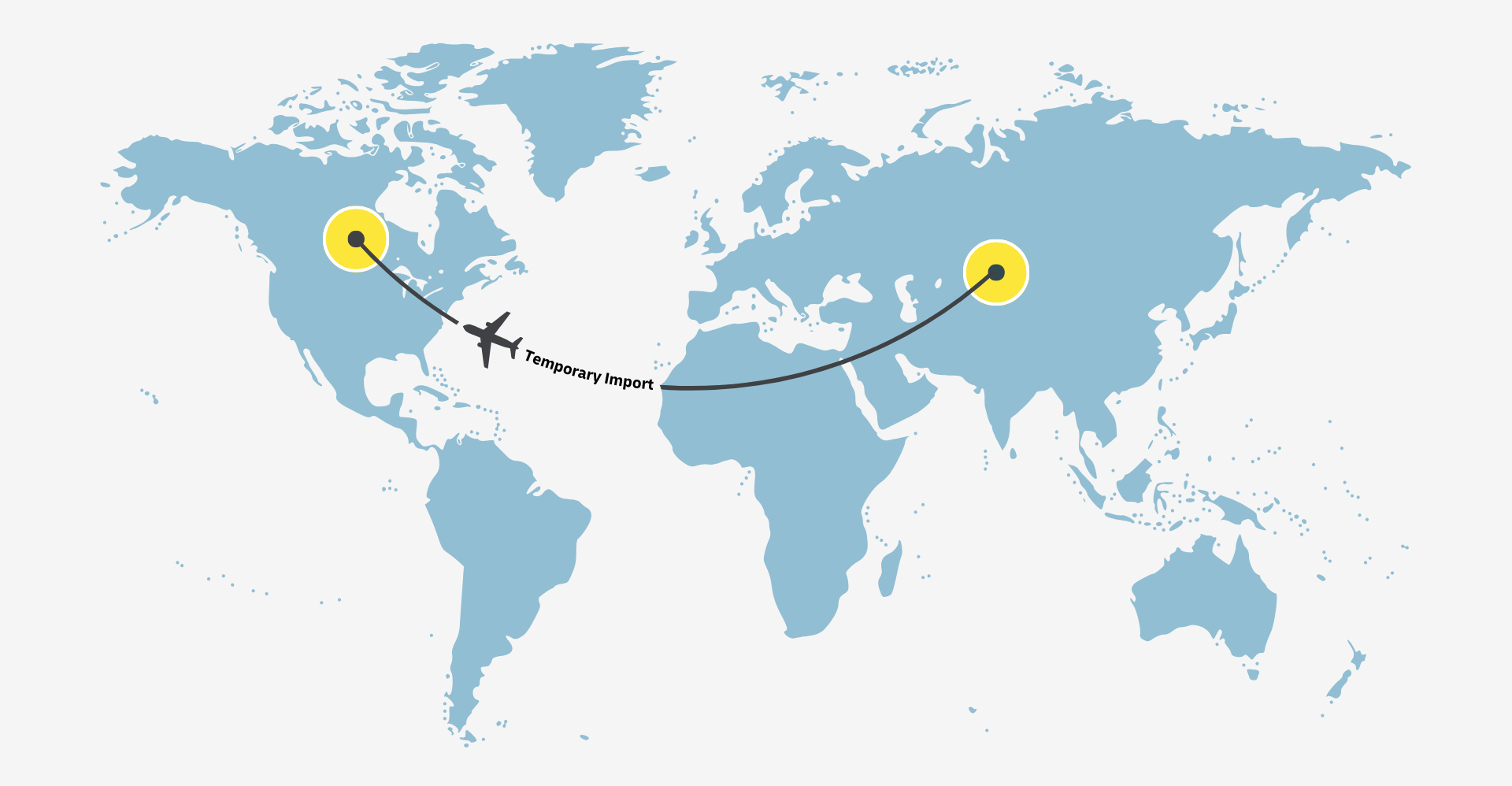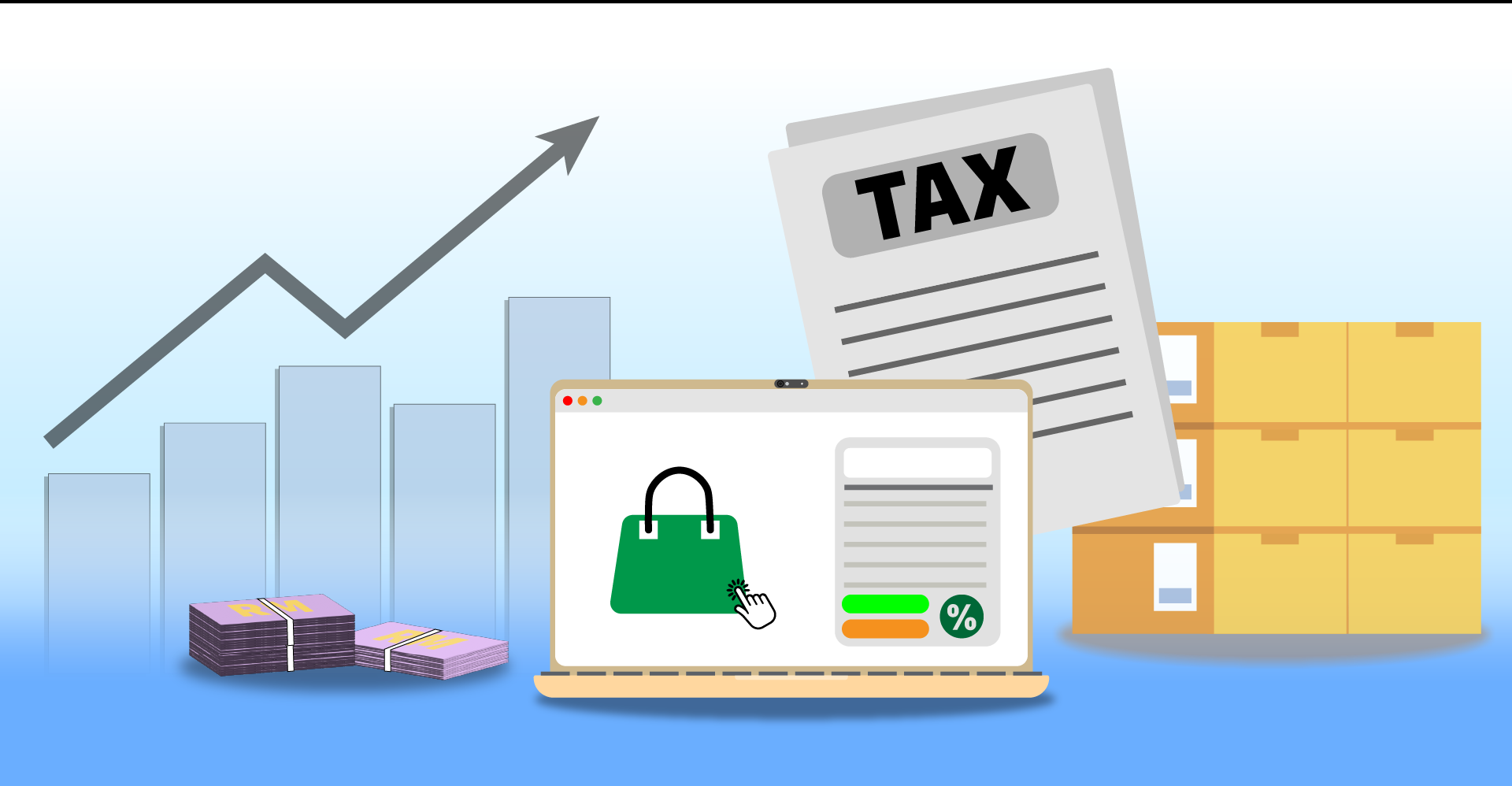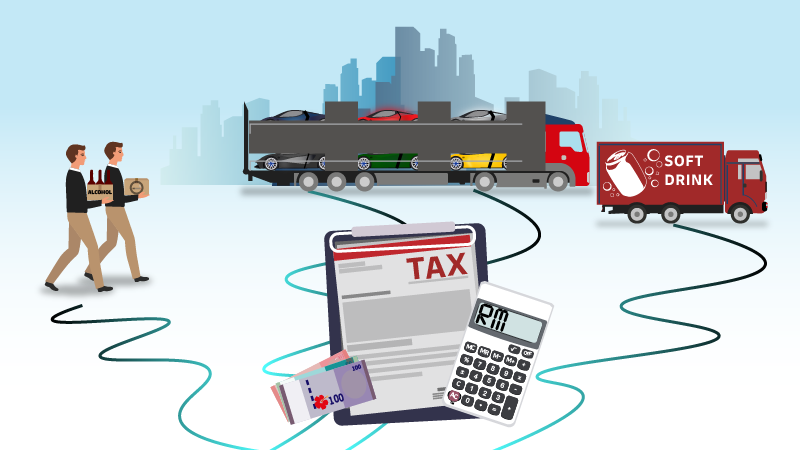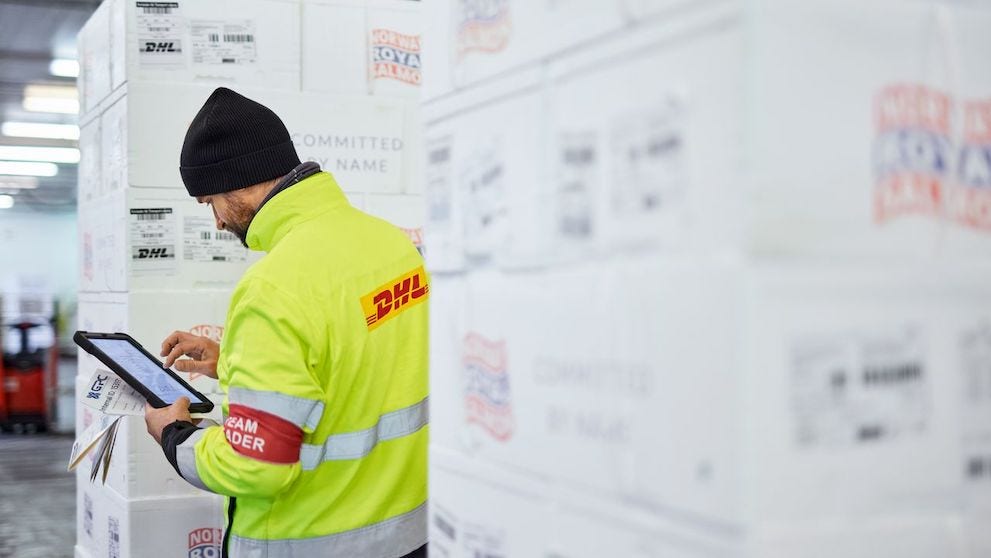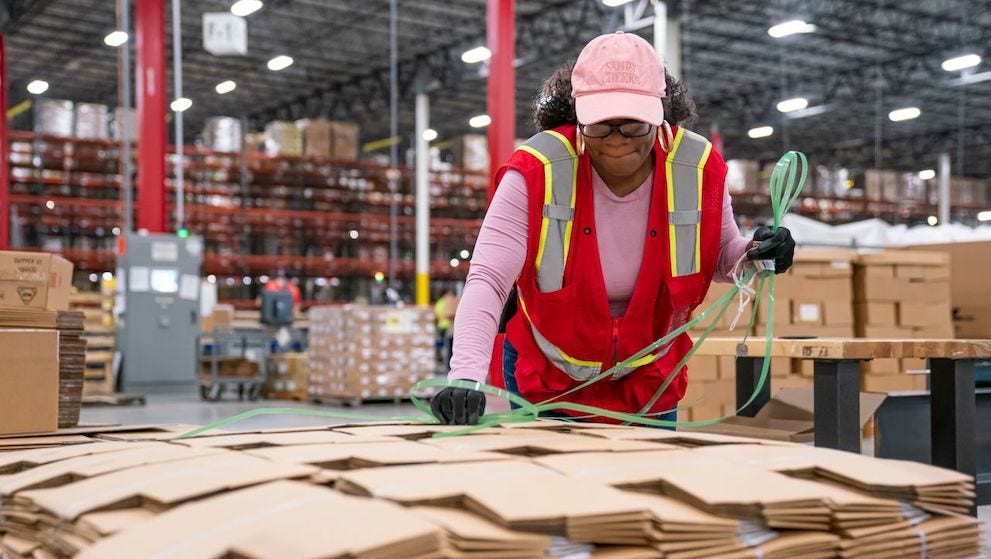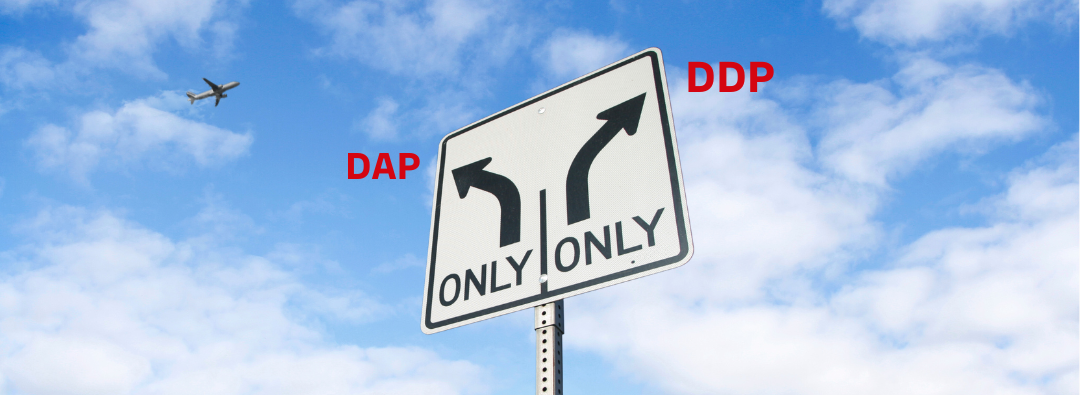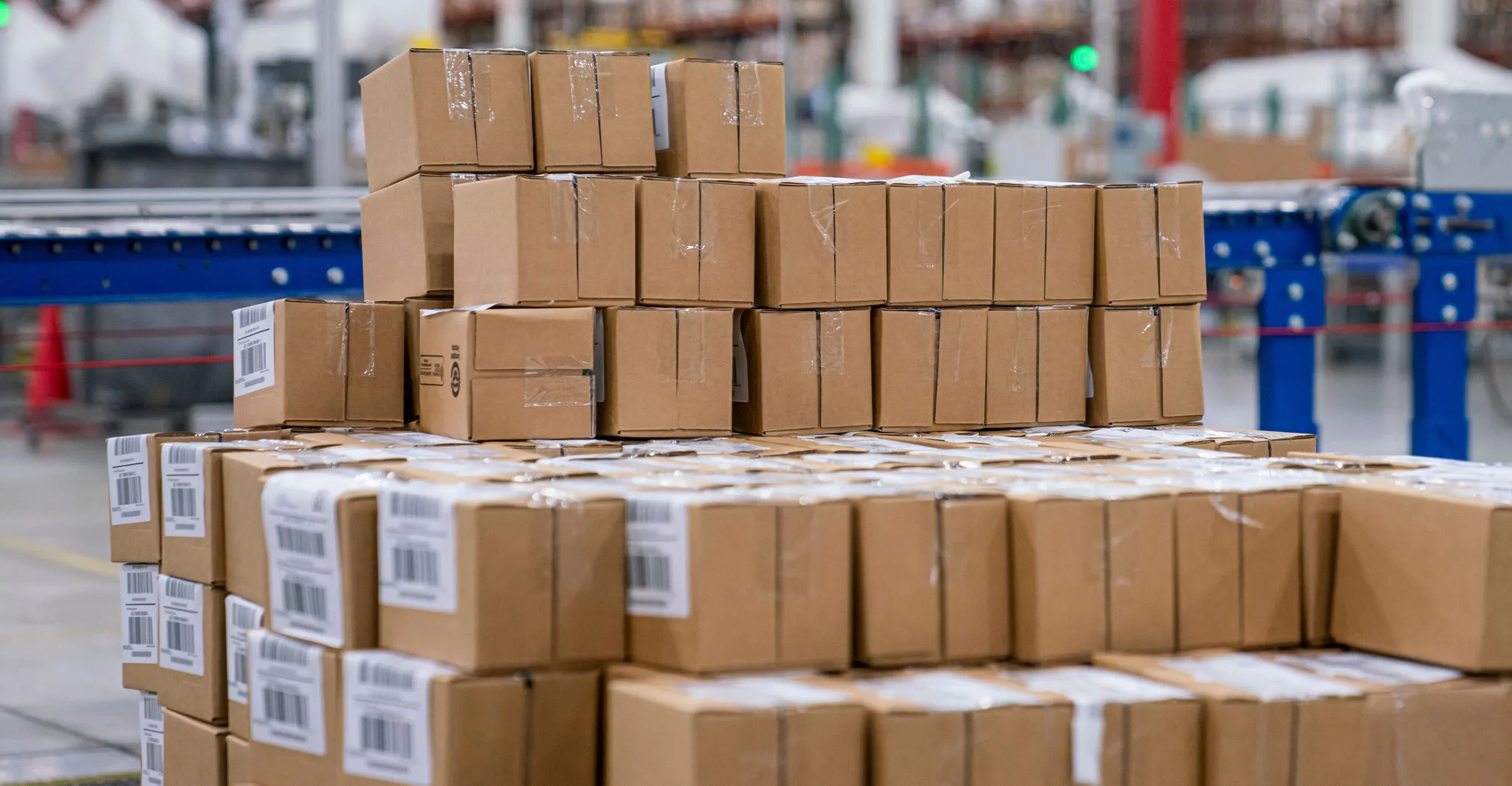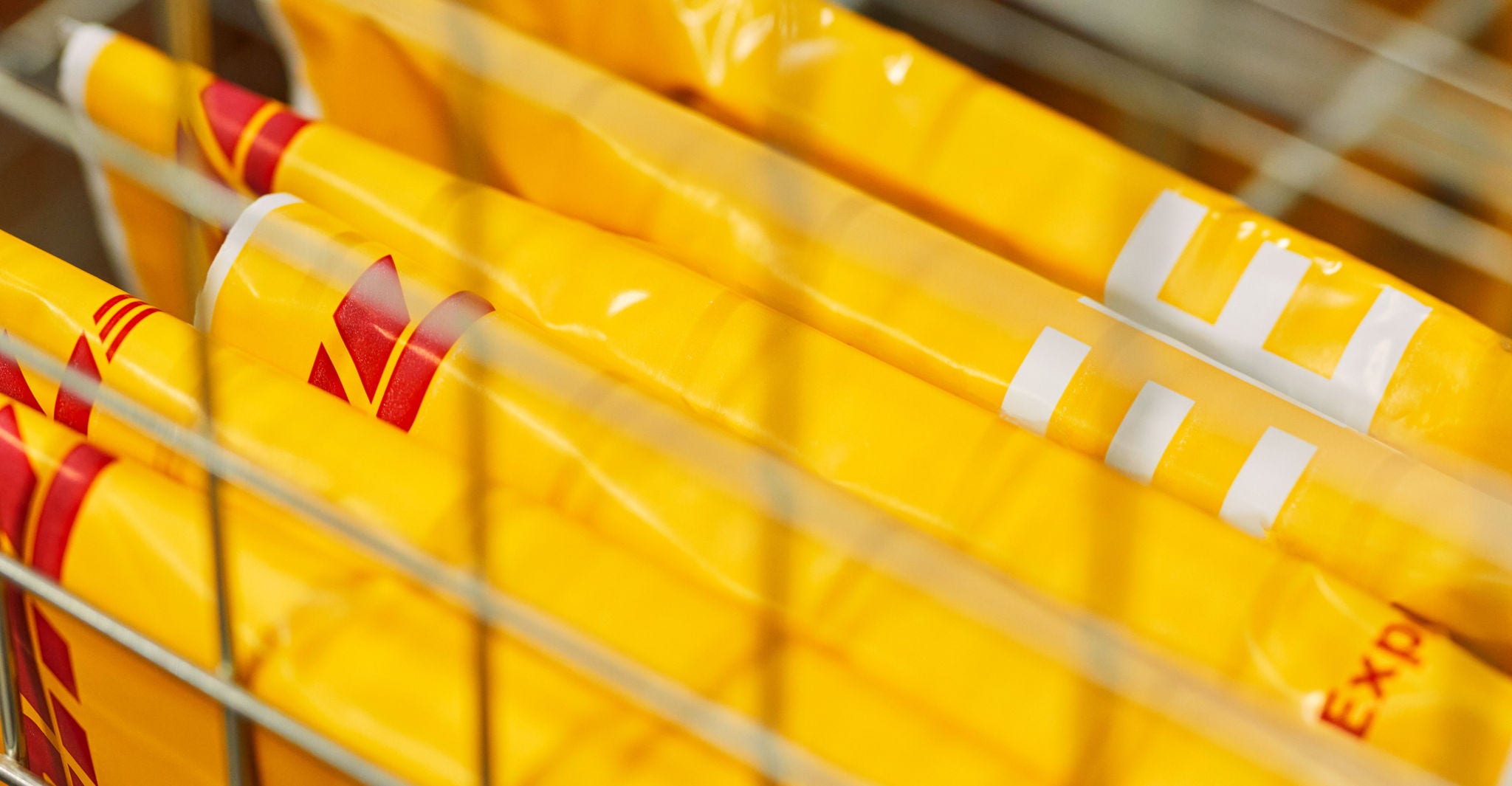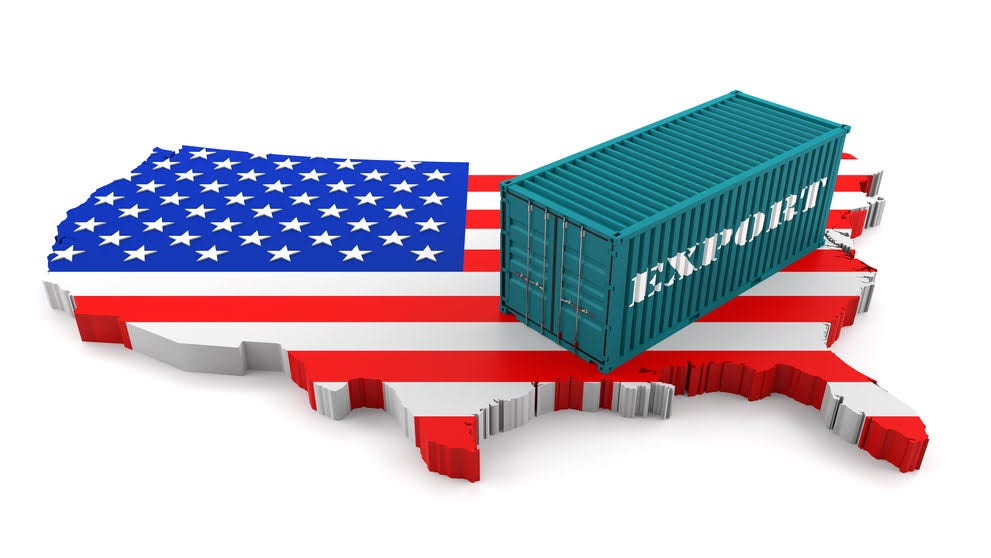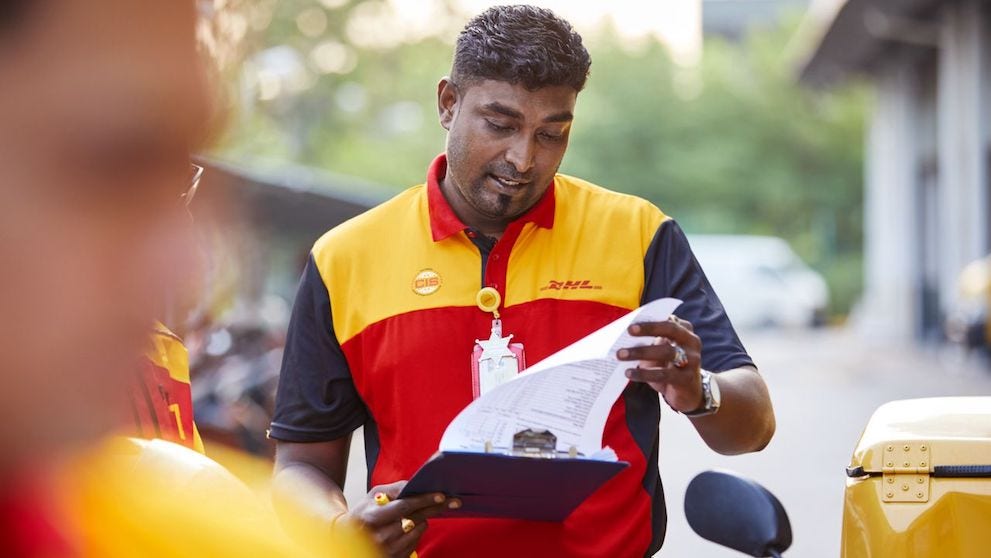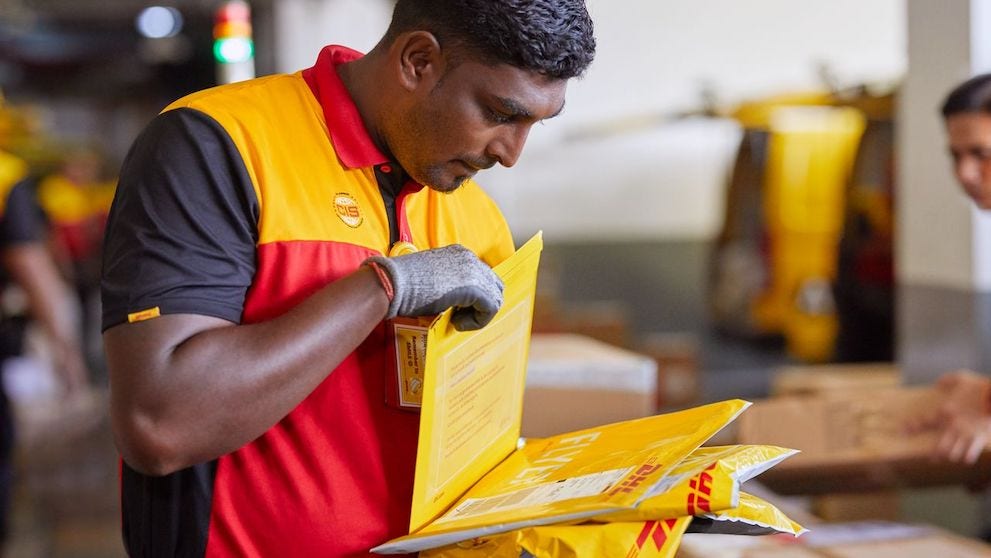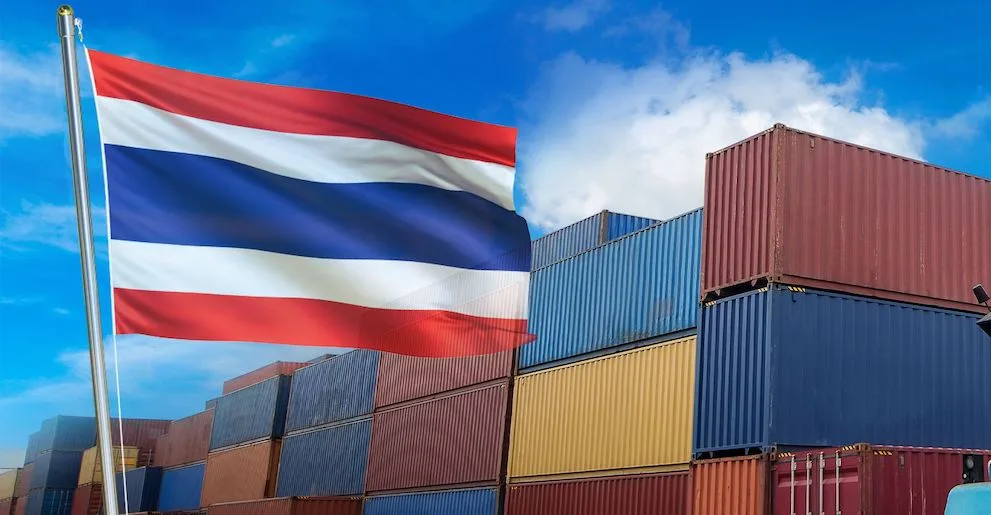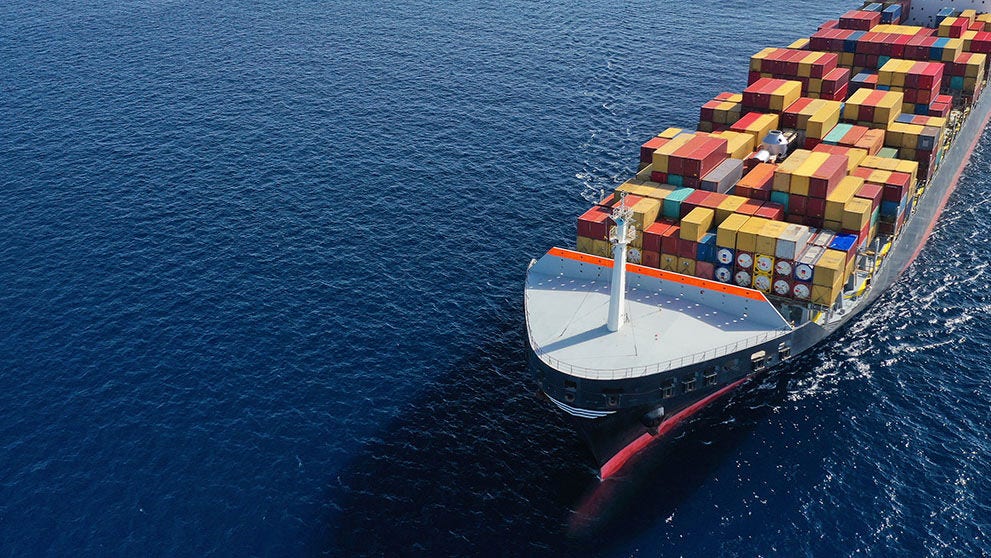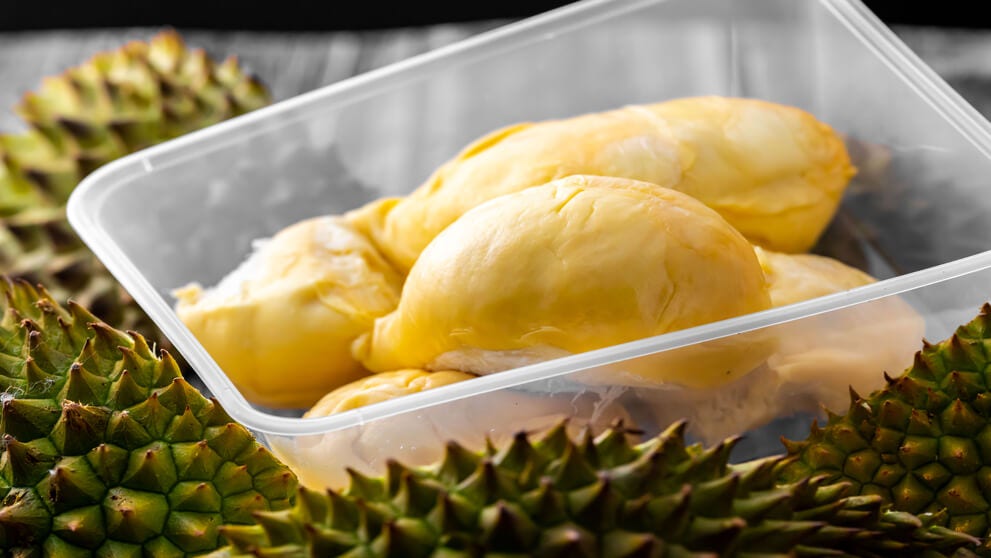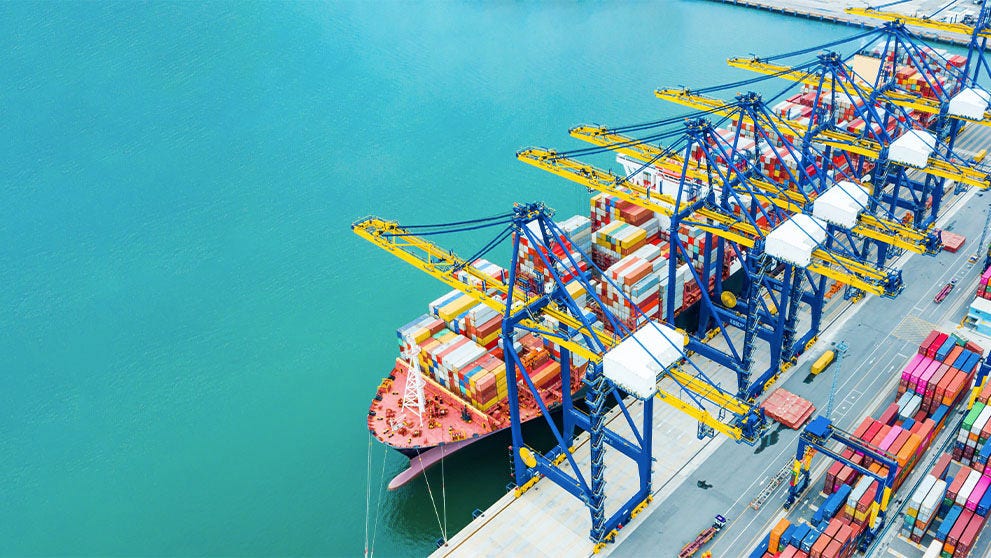
The appeal of starting a dropshipping business in Malaysia is undeniable – minimal startup costs, global market reach, and the flexibility to operate from anywhere. It's no wonder that countless entrepreneurs are drawn to this business model as their gateway to e-commerce success.
However, here's the reality that most discover too late: while registering with the Companies Commission of Malaysia or Suruhanjaya Syarikat Malaysia (SSM) gets your business legally recognized, it barely scratches the surface of what you actually need to stay compliant. Successful dropshippers understand that thriving in this business requires mastering a comprehensive compliance framework that extends far beyond initial registration. Without this knowledge, even businesses with great products and strong marketing can face unexpected challenges like customs delays, tax penalties, and eroded profit margins.
The key to success lies in understanding that dropshipping operates across multiple jurisdictions. You're operating under Malaysian law, but your customers are subject to their local regulations, and your products cross international borders with all the complexity that entails. So, beyond your SSM certificate, what legal and tax obligations actually matter for your dropshipping business – both here in Malaysia and in the countries where your products land?
Essential Malaysian legal requirements
Numerous other Malaysian laws govern the operation of your dropshipping business, and meeting these legal requirements is crucial for legitimate business operations.
Business licenses and permits
Depending on the product categories you offer, you may need additional licenses and permits to dropship from Malaysia.
If your dropshipping business deals with food products, cosmetics, or health supplements, you'll likely need specific licenses from local councils ( PBTs - Pihak Berkuasa Tempatan).1 Electronics might also require certification compliance, while certain controlled goods like pharmaceuticals need sector-specific permits from relevant authorities like the National Pharmaceutical Regulatory Agency (NPRA).2
The key is researching your specific product categories and checking with relevant local authorities or industry bodies. Do verify if you need additional licenses for specific product categories beyond SSM registration. This will help ensure smooth operations and avoid regulatory issues down the line.
Consumer Protection Act 1999 (CPA)
As a dropshipper, you're establishing a direct seller-consumer relationship, making the Consumer Protection Act highly relevant to your operations. Designed to safeguard consumers from unfair business practices and ensure they receive goods that meet reasonable expectations of quality and safety, this legislation covers several critical areas that directly impact you.
Key aspects include prohibitions against misleading conduct and unfair trade practices, product safety obligations, warranty implications for goods sold, clear refund policies for faulty goods, and transparent communication about product specifications and delivery terms.3
This means your product descriptions must be accurate and complete, your pricing must be transparent (including any additional fees), you need clear processes for handling defective items, and you must honour any warranties or guarantees you offer. For example, if you're selling electronics, you cannot overlook potential compatibility issues; similarly, if you're selling clothing, your size guides must be reliable.
So ensure your website includes comprehensive terms and conditions, clear return policies, and privacy policies that comply with Malaysian standards. Beyond being standard legal requirements, they help build customer trust and protect your dropshipping business.
Personal Data Protection Act 2010 (PDPA)
Dropshippers handle significant amounts of customer data, including names, addresses, contact information, and payment details, and the PDPA governs how you collect, use, and protect this information.
Under the PDPA, your business’s privacy policy should clearly explain how customer data is collected, used, and protected. Implementing secure data handling practices and ensuring any third-party suppliers you work with also maintain appropriate data protection standards will help you avoid hefty PDPA penalties and build customer confidence in your brand.4
Navigating Sales and Service Tax (SST) in Malaysia
Beyond the regulatory framework, Malaysia's SST system presents another layer of complexity that many dropshippers must consider when assessing their full compliance obligations, as failing to understand it can lead to serious legal and regulatory consequences.
Malaysia's SST is a consumption tax comprising two components: Sales Tax, which is levied on taxable goods at the manufacturing or import level, and Service Tax, which applies to prescribed services provided in Malaysia.5 For dropshippers, this creates unique considerations depending on whether you're selling goods to Malaysian consumers or providing dropshipping services to Malaysian clients.
SST for dropshipping – When does it apply?
The critical threshold for SST registration is RM500,000 in annual turnover for taxable goods and services.6 This means that once your dropshipping business in Malaysia reaches this threshold, registering for SST becomes mandatory.
To maintain SST compliance, keep meticulous records of all transactions, issue proper tax invoices as required, understand filing deadlines, ensure timely submissions, and stay aware of penalties for non-compliance.
Most successful dropshippers plan for the administrative requirements of SST compliance from the outset. Factoring this into your operational planning and considering professional accounting support as your business grows will help you maintain smooth operations and ensure ongoing compliance.
Cross-border tax complexities: VAT/GST in destination countries
Here's where the dropshipping business becomes particularly complex: selling internationally means adhering to the tax laws of the destination country, not just Malaysian ones.
Value Added Tax (VAT) and Goods and Services Tax (GST) are consumption taxes that destination countries impose on imported goods, and as a Malaysian dropshipper, you may be legally responsible for collecting and remitting these taxes even though you're not physically importing the goods yourself. This responsibility exists because you're often considered the "seller of record" in cross-border transactions.
The specific rules vary dramatically by destination country, and getting them right is crucial to avoid hefty penalties or delayed shipments. Understanding GST implications means recognizing that your pricing, registration requirements, and customer communications must all account for these destination country obligations.
Let's break down the key requirements for major international markets commonly targeted:
- EU VAT: For sales under €150, you must collect VAT at the point of sale using destination country rates. The Import One-Stop Shop (IOSS) scheme allows you to handle this through a single registration rather than registering in each EU country. For sales over €150, the buyer handles import VAT at delivery, and you have no EU VAT obligations.7
- UK VAT: For goods under £135, you must register for UK VAT and submit returns. For goods over £135, the buyer pays import VAT upon delivery, and you have no UK VAT responsibilities. 7
- Australia GST: GST applies to low-value imported goods of less than AUD1000 with specific thresholds and registration requirements for foreign suppliers.8

Crucial shipping declarations & customs compliance
Moving from tax compliance to the physical movement of goods, accurate and complete customs declarations are crucial in ensuring smooth delivery to your customers. Incomplete or inaccurate information, on the other hand, can lead to delays, fines, and the seizure of goods. As a dropshipping business, you're legally responsible for the accuracy of information provided, even when relying on supplier data.
This responsibility encompasses several critical documentation areas, such as:
Commercial invoices: Your commercial invoice must include accurate product descriptions, correct valuations, clear origin information, and appropriate Incoterms. Certain goods, like cosmetics and electronics, have specific declaration requirements that vary by destination country.
Harmonized system (HS) codes: HS codes are crucial for accurate classification and duty assessment. Use accurate codes provided by suppliers or cross-reference them yourself, as incorrect coding can result in delays, additional duties, or penalties.
Import/export and product licenses: Certain goods require import licenses in destination countries, even for dropshipping. Research product-specific licenses, certifications, or safety standards required for your goods (medical devices, electronics, food items, children's toys). While buyers or customs brokers may handle import procedures, it is essential to understand these requirements, as they impact your product selection and customer communication.
Product-specific licenses (Malaysia): It is important to note that Malaysia may require export licenses or permits for certain products. Items such as controlled chemicals, pharmaceuticals, cultural artifacts, or strategic goods may require approval from relevant Malaysian authorities prior to export. Always check with the Ministry of International Trade and Industry (MITI) or relevant regulatory bodies to ensure your products can be legally exported from Malaysia.
Consumer protection and returns management
The compliance journey doesn't end once your products are shipped – it extends beyond the initial sale to post-sale obligations and customer service standards that can significantly impact your business reputation and legal standing.
Many countries have laws granting consumers the right to return goods purchased online, including cooling-off periods in the EU and UK markets. Your return policies must therefore comply with the relevant laws of the destination country, not just Malaysian standards.
Additionally, you may be held liable for faulty or unsafe products even if you don't manufacture them, making it essential to work with reliable suppliers, consider product liability insurance, and establish clear channels for handling customer disputes and processing returns.
Building a compliant and sustainable dropshipping business
Successful dropshipping extends far beyond generating sales – it requires robust legal and tax compliance that protects your business and builds customer trust. Through proper compliance, you can avoid costly penalties, build long-term customer relationships, ensure sustainable business growth, and maintain professional credibility in international markets.
For Malaysian dropshippers navigating these complex requirements, professional advice from accountants and legal experts is invaluable for addressing specific situations and managing ongoing compliance.
When it comes to international logistics, partnering with an experienced courier service in Malaysia can significantly simplify your compliance challenges. DHL's expertise in cross-border shipping, customs procedures, and international regulations can help ensure your packages reach customers smoothly while meeting all necessary legal requirements.
Remember, by building a compliant dropshipping business, you establish a solid foundation for your business to thrive in the global e-commerce marketplace.
